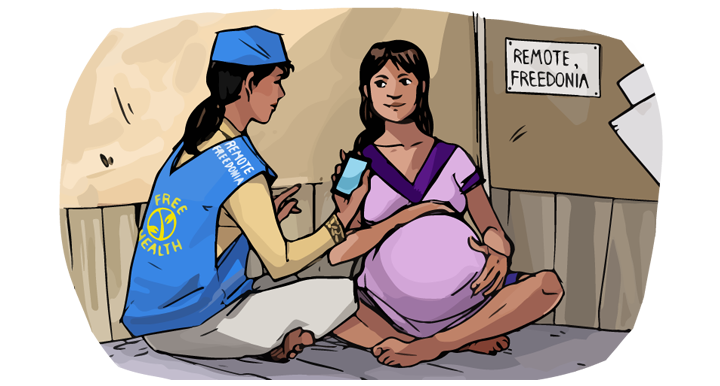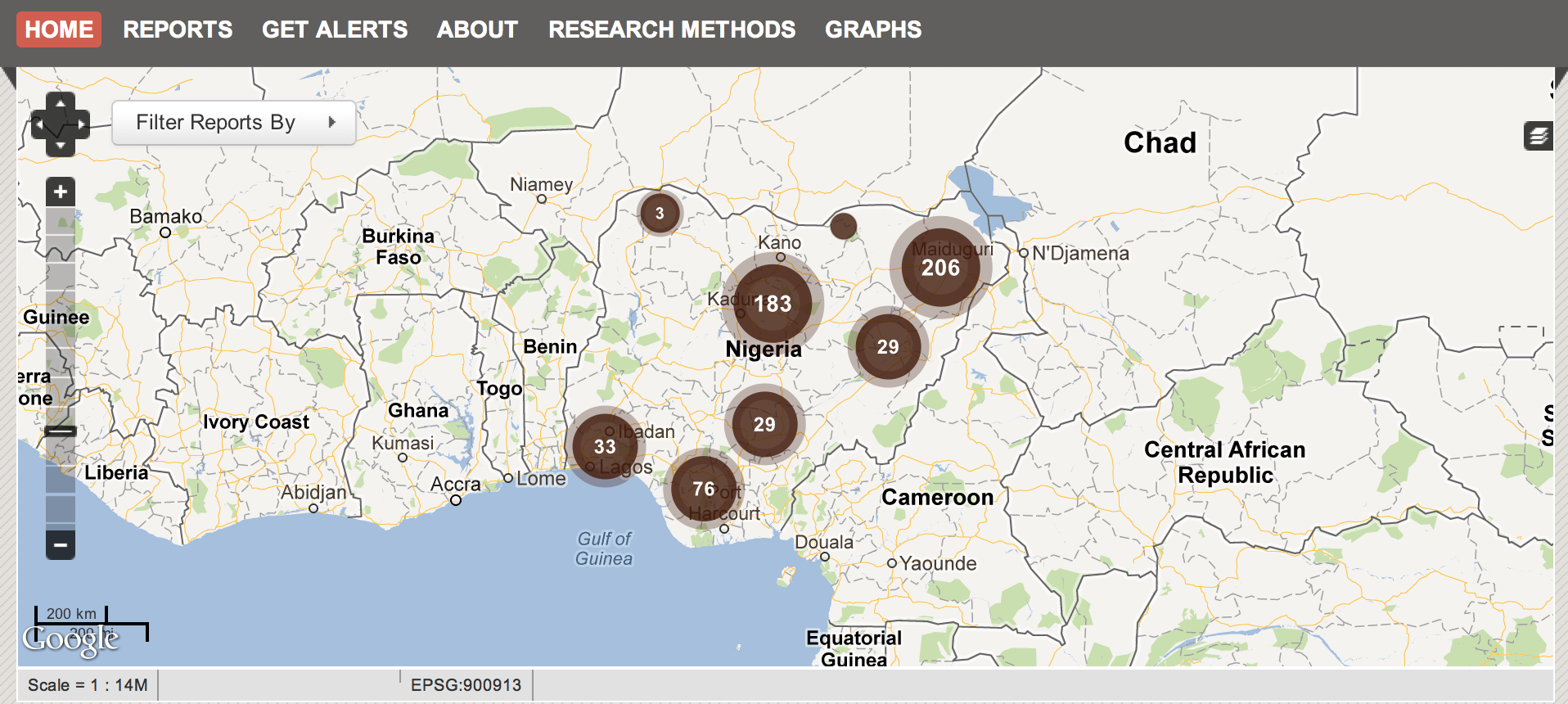This post is cross posted from Charles Martin-Shields’, TechChange’s Director of Conflict Management and Peacebuilding Programs, blog Espresso Politics.
 Just got back from ICTD 2012 down at Georgia Tech, and am excited about the state of the field. This conference is a gathering for academics and practitioners working in the international development and technology spaces. We got to see talks about everything from mapping to public health, mobile phone applications and new open source software. The keynote speaker, the Honorable Omobola Johnson, the Minister of Communication Technology in Nigeria, provided participants with an insightful and inspiring look at Nigerian ICT policy. Nigeria’s efforts to integrate ICT’s into cross-sectoral governance were highlighted and it’s clear that their strategy is robust as technology continues to play an expanding role in governance and peace.
Just got back from ICTD 2012 down at Georgia Tech, and am excited about the state of the field. This conference is a gathering for academics and practitioners working in the international development and technology spaces. We got to see talks about everything from mapping to public health, mobile phone applications and new open source software. The keynote speaker, the Honorable Omobola Johnson, the Minister of Communication Technology in Nigeria, provided participants with an insightful and inspiring look at Nigerian ICT policy. Nigeria’s efforts to integrate ICT’s into cross-sectoral governance were highlighted and it’s clear that their strategy is robust as technology continues to play an expanding role in governance and peace.
A few highlights:
- Ramine Tinati‘s model for tracking and studying interactions and group development in the Twitterverse. What his model does is show us who the important actors between groups are; while someone might have thousands of followers, what he is finding is that the people who are actually propagating ideas are often unknown users who have shared interests and are retweeting information between the users with large followings. From a conflict analysis perspective, this could be valuable research because it can help practitioners and policy makers identify the actors who can link two thought leaders and spur new ideas or action.
- Thomas Smyth and Michael Best’s Aggie software, developed at Georgia Tech, which can analyze social media streams and has been used to track information during elections. The software allowed a user to filter information, tag valuable data and track patterns in the social networking space.
- IREX’s Paul-Andre Baran came over from Romania to attend and pointed me to a mapping project in Romania called BursaSpagilor, which is an open source map where users can upload information about where they paid bribes and how much they spent. He explained that bribery was an accepted part of life in Romania (even if it’s illegal), so the idea was to create a market place where consumers of services could see what the competing rates were for different services in different locations. While this could be collected and used for prosecution, what was even cooler about it was that the program itself might eliminate the need for legal action. If services providers know that they are competing for customers and that their bribe is being undercut by a competitor, they will bribe less to keep their customers. This creates a downward spiral, drastically reducing or possibly eliminating bribery.
These were only three of the many cool papers and products presented at the conference. The fail faire was also fantastic, and a great deal of learning was done as we all discussed our mistakes and lessons learned working in the ICTD field. I’d strongly encourage anyone working in this space or interested in what is happening with technology and social change to attend the conference next year. It’s going to be in Cape Town during the Southern Hemisphere summer, so if nothing else it’s going to be a fantastic location!
If you’re interested in what is happening with technology for governance, transparency, conflict prevention and peacebuilding, mobiles for development check out our upcoming courses: “Mobiles for International Development”, “Global Innovations for Digital Organizing”, and “Technology for Conflict Management and Prevention”


